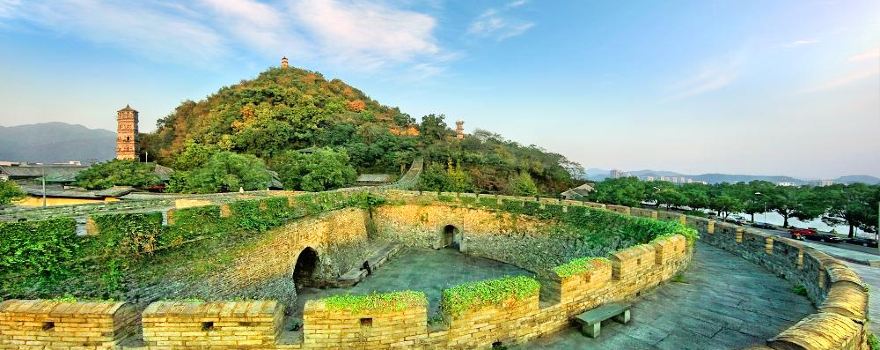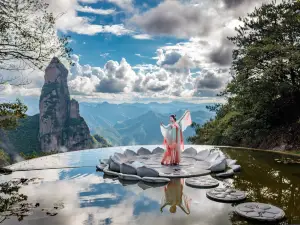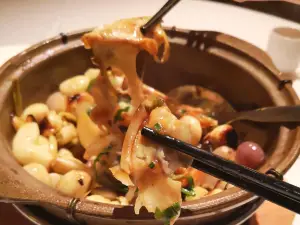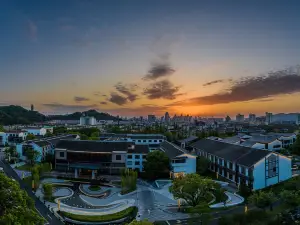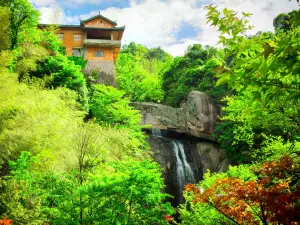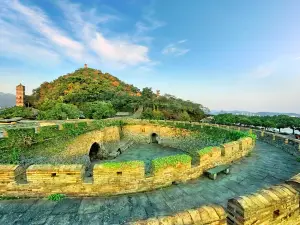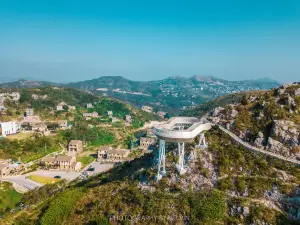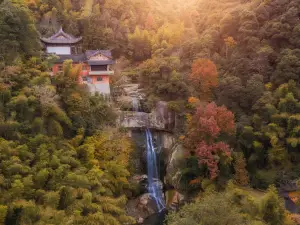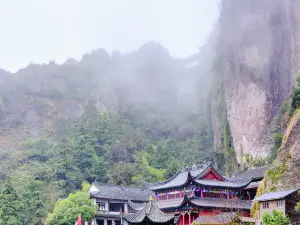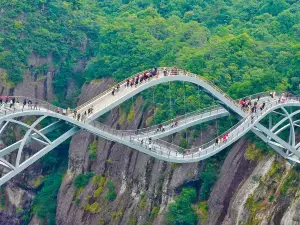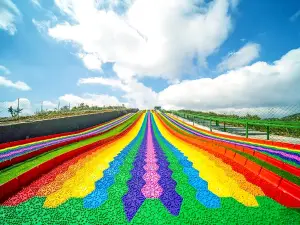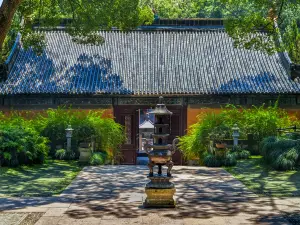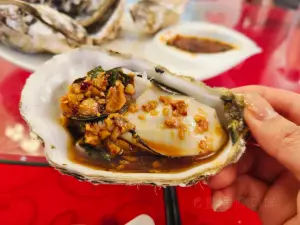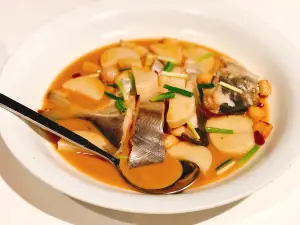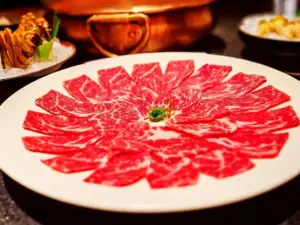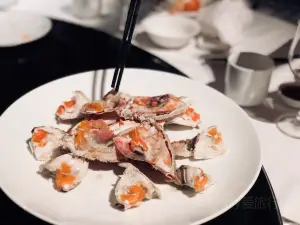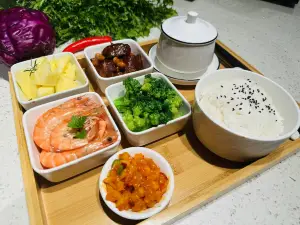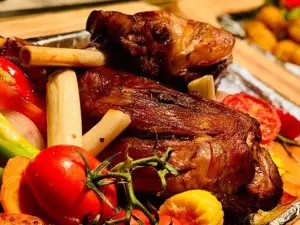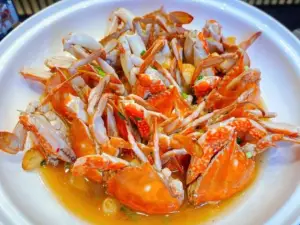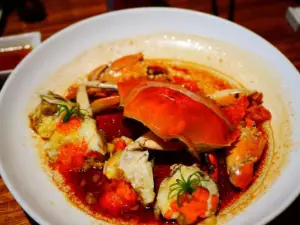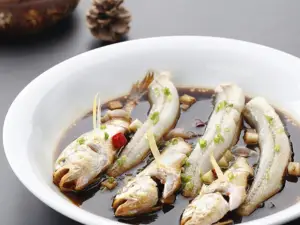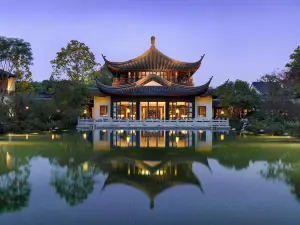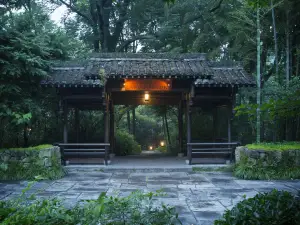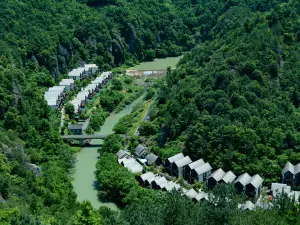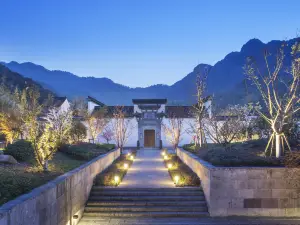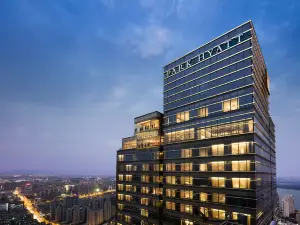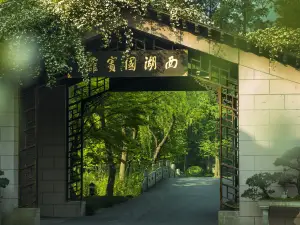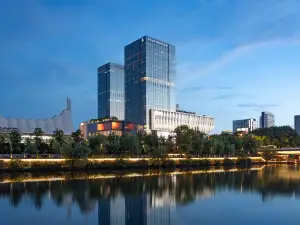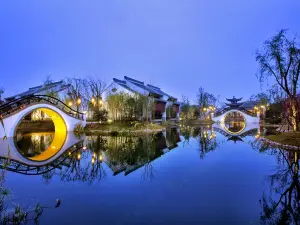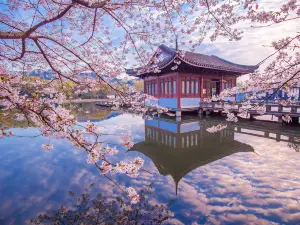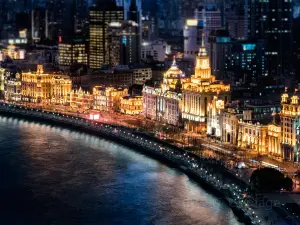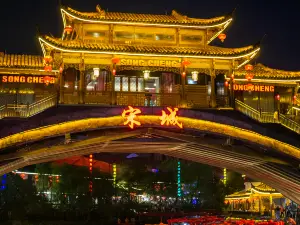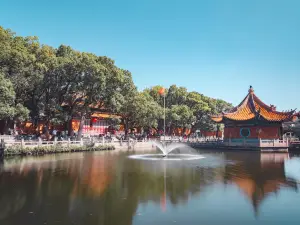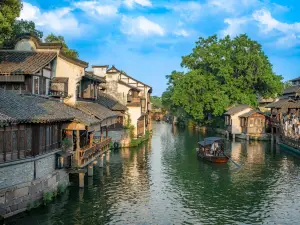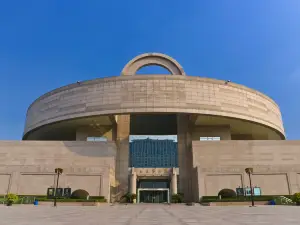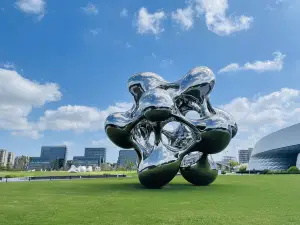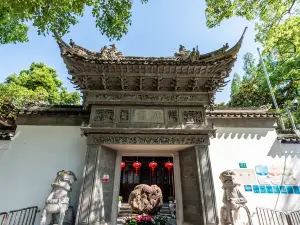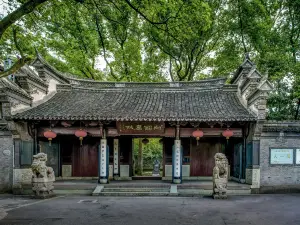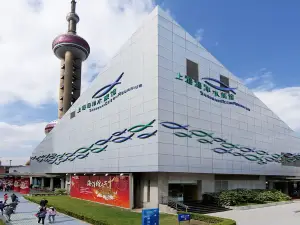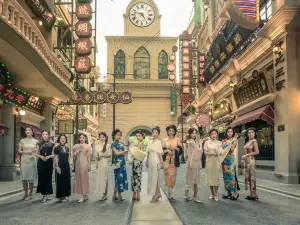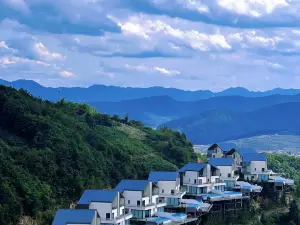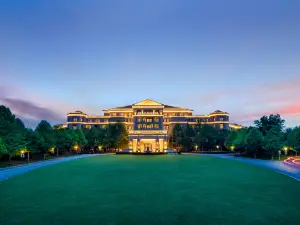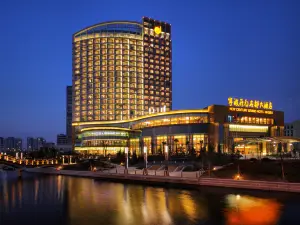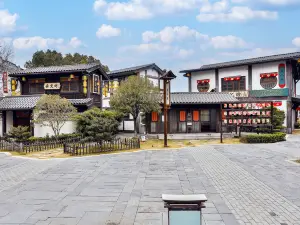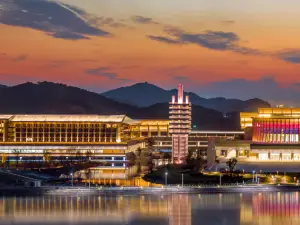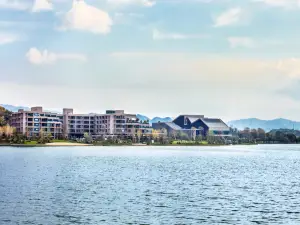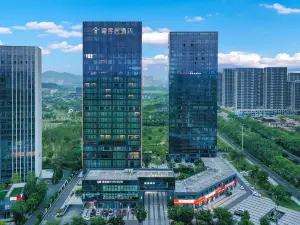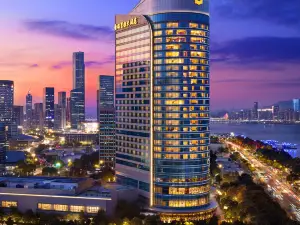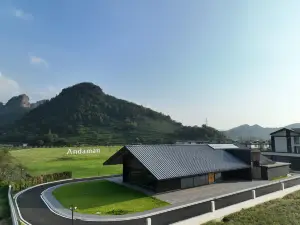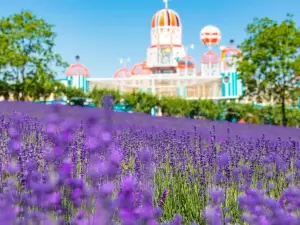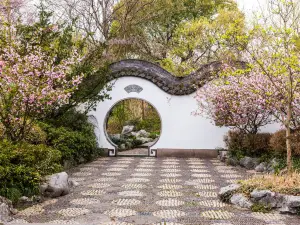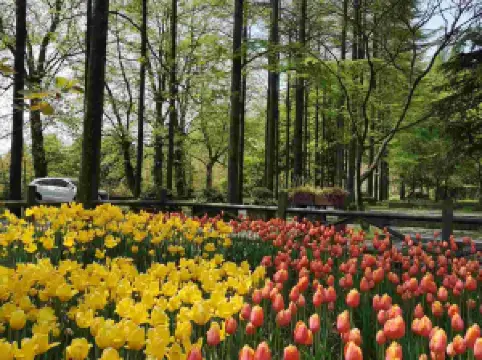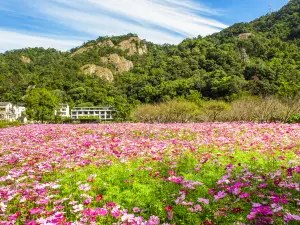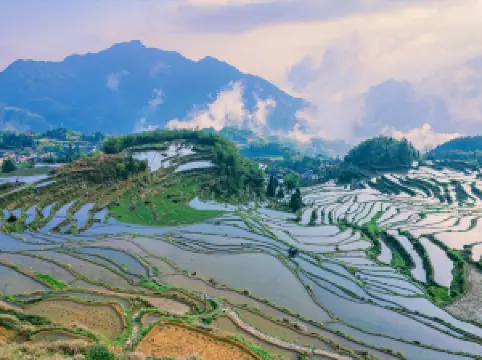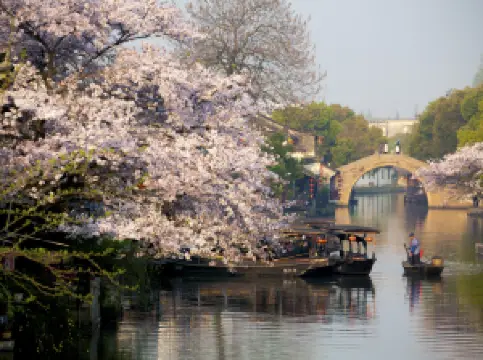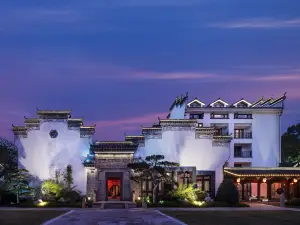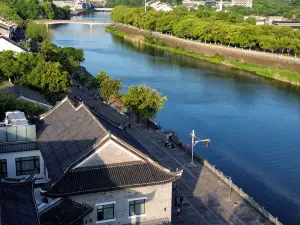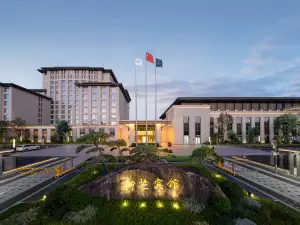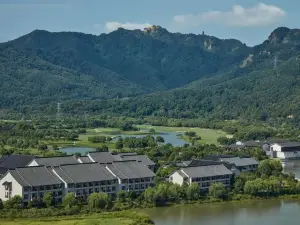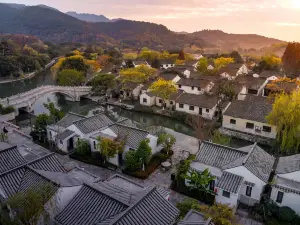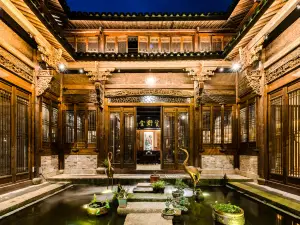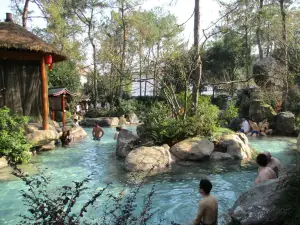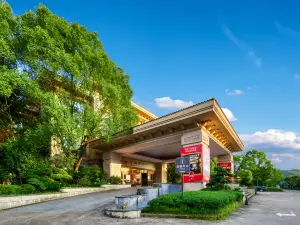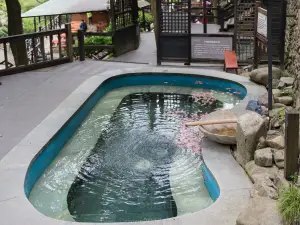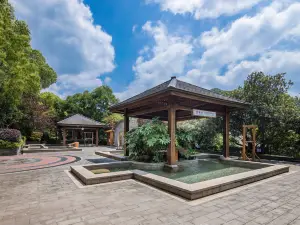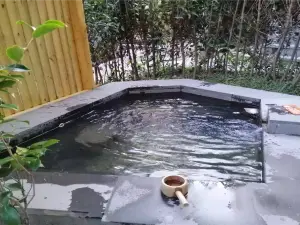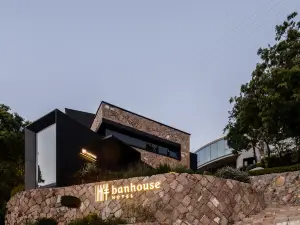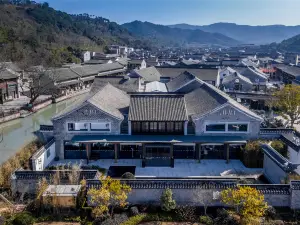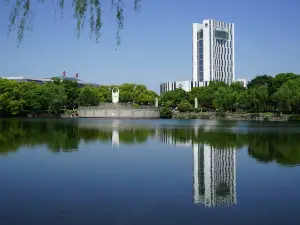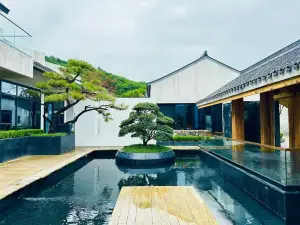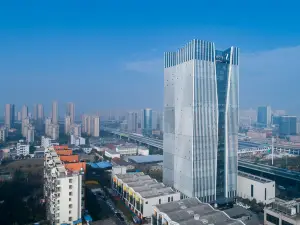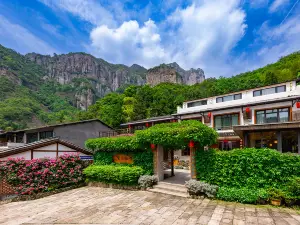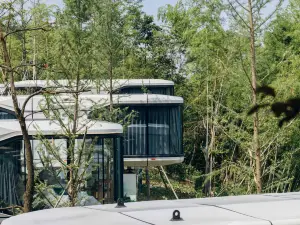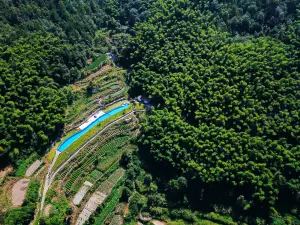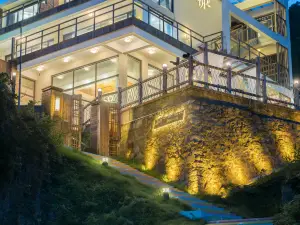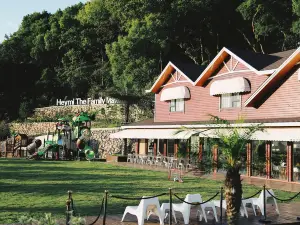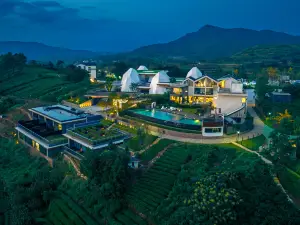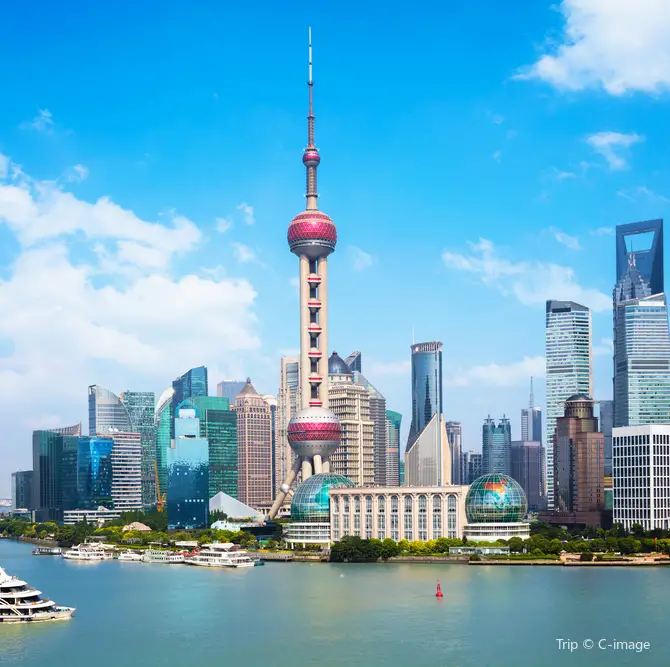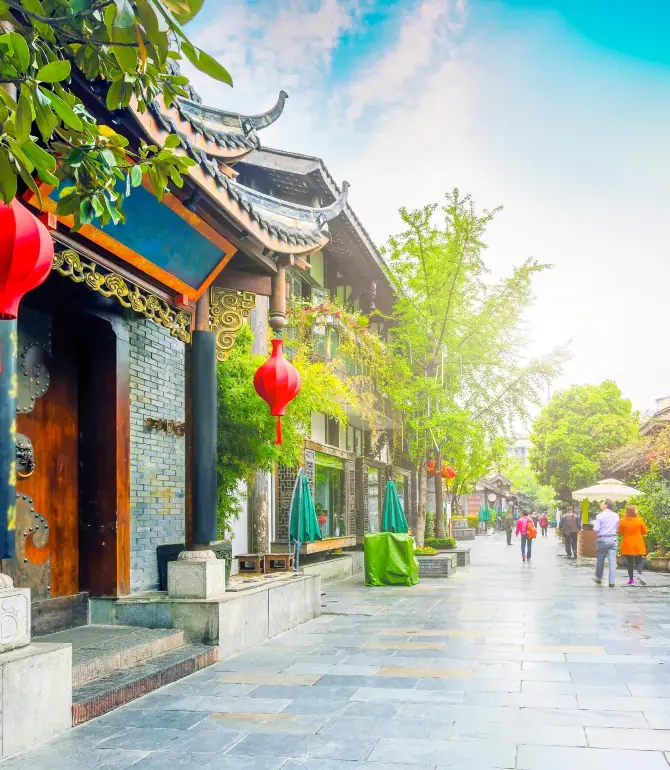Things to Do in Taizhou in 2025 - Top Attractions, Local Food, Hotels & Travel Tips (Updated May 2025) | Trip.com
About Taizhou
Recommended trip: 2–4 day(s)
Recommended trip: 2–4 day(s)Current Weather Conditions
Taizhou Local Experiences Map

Trending in Taizhou
Taizhou Local Travel Guide 2025
Taizhou Brief Guide
Taizhou is a city in Zhejiang which is best known for Tiantai Mountain. It is a famous historical and cultural city near the sea. It is famous for its magnificent natural scenery and rich cultural landscape. Tiantai Mountain is the birthplace of the Tendai School of Buddhism. It is also one of the holy mountains of the South Sect of Chinese Taoism. The mountain is full of ancient temples, and the whole scenery is as enchanting as a fairy tale. Linhai ancient city, already has more than 2,000 years of recorded history. At the mouth of the Ling River, the surprisingly well-preserved Eastern Jin-era-built city walls have spent centuries resisting the fierce forces of the ocean and river. They have come to be called the "Southern Great Wall".
Taizhou Must-try Local Experiences
1. Experience the Thrill of Tiantai Mountain Hike through Mount Tiantai's breathtaking landscapes, visit the Guoqing Temple, and enjoy the tranquility of this sacred site. 2. Explore the Taizhou Prefecture Great Wall Walk along the Taizhou Prefecture Great Wall for panoramic views and a sense of the city's historical significance. 3. Enjoy the Shenxianju Scenic Area Visit Shenxianju Scenic Area for its picturesque landscapes and unique rock formations, perfect for hiking and photography. 4. Feel the Charm of Non-heritage Culture You can visit the Huangyan Fanhuang Bamboo Carving Art Gallery, where you can appreciate all kinds of exquisite flip reed bamboo sculpture artworks and learn about the Huangyan flip reed bamboo sculpture art. Or find a night to go to a local theatre or cultural center to watch a performance of Taizhou charting, to feel the charm of traditional opera. 5. Taste Local Cuisine Taizhou is a city near the sea, so you can taste fresh seafood such as yellowtail, scallops, and pike crab in Taizhou's seafood markets or restaurants. In the streets and lanes of Taizhou, taste the specialty snacks, such as Taizhou wheat cake, Taizhou bean curd dumplings, Taizhou fish balls, and so on. 6. Stroll along Luqiao Shi Li Long Street Stroll along the Luqiao Shi Li Long Street and visit traditional handicraft shops and speciality shops to buy unique Taizhou souvenirs. 7. Photograph the Night View of Linghu Park Go to Linghu Park at night and take photos of the beautiful lake and the city in the distance. 8. Participate in Taizhou Outdoor Development Activities Challenge yourself with rock climbing, rafting and other outdoor activities at an outdoor development base in Taizhou.
Taizhou Must-see Attractions
Taizhou, known for its unique landscapes and rich history, offers diverse attractions such as the steep mountains of Shenxianju, the historical Changyu Dongtian National Mineral Mountain Park, scenic Dachen Island, culturally-infused Tiantai Mountain, and the historic Taizhou City Wall Culture &Tourism Area, each blending natural beauty with cultural significance.
Taizhou Food Guide
Taizhou cuisine is renowned for its fresh seafood and unique traditional snacks. Highlights include the succulent Sanmen green crabs, versatile dumplings (Bianshi) in multiple cooking styles, generously filled Flat cake rolls with a delightful texture, and chewy wheat prawns (Maixia), all of which are favorites among both locals and visitors.
Taizhou Transportation
Taizhou's transportation infrastructure is centered around its railway stations, providing essential connectivity for intercity travel. Taizhou Railway Station, located in Jiazhi Street, Jiaojiang District, is a key hub for the region's high-speed rail network. It serves as the terminus for the Hangzhou-Shaoxing-Taizhou intercity high-speed railway and connects Taizhou with major cities such as Ningbo, Wenzhou, Hangzhou, Shaoxing, Shanghai, and Xiamen. To reach the city center from Taizhou Railway Station, passengers can take a taxi for a quick around 15-minute ride. Taizhou West Railway Station, another significant rail junction, is situated in Huangyan District and serves as a station on the Ningbo–Taizhou–Wenzhou railway and Jinhua–Taizhou railway.
Taizhou Where to Stay
Taizhou is a city rich in cultural heritage and natural beauty, making it a captivating destination for travelers. The city features a variety of accommodations spread across several districts and neighborhoods, each offering unique experiences and surroundings. Key areas for lodging include Jiaojiang District, Ziyang Street, and Shenxianju, each providing distinct atmospheres and easy access to local attractions, shopping, and dining.
Taizhou Best Time To Visit
The best time to visit Taizhou is during the spring, specifically from March to May. This season offers a mild and pleasant climate, ideal for exploring the city's natural beauty and historical sites. Spring in Taizhou is marked by the enchanting bloom of cherry blossoms, making it a perfect time for flower-viewing journeys. Additionally, the golden rape blossoms in March add to the city's allure, drawing visitors to the vibrant Qianduo rape flower field. Another recommended period to visit Taizhou is in the autumn, from September to November. The weather during these months is also mild, providing comfortable conditions for tourists to enjoy the city's attractions, such as the Tiantai Mountain and the Southern Great Wall of China in Linhai. Autumn's temperate climate allows for a pleasant travel experience, free from the extremes of summer heat and winter cold.
Taizhou Useful Guide
Taizhou is home to the Taizhou Wu dialect, a variant of Wu Chinese, which is not mutually intelligible with Mandarin. While Mandarin is the official language, the prevalence of Taizhou Wu dialect means visitors may encounter communication barriers. Translation services may not be widely advertised, but language apps can be helpful. The city's multilingualism stems from its diverse population and history as a cultural hub. For effective communication, tourists should consider using maps, gestures, and basic Mandarin phrases.
Trip.Best: Taizhou
Things to do in Taizhou
What to Do
The Culture Tourism Area of The Ancient City of Taizhou
Dachen Island
Shitang Town
Ruyi Bridge Of Shenxianju
Where to Stay
What to Eat
Taizhou Moments: Through Travelers' Eyes

A fairyland just 2 hours from Shanghai.

Really in Taizhou, not New Zealand

I rarely use the word "stunning" to describe a place...

Stunned into silence! A hidden paradise for families, just a 2-hour drive from Hangzhou.

Shocking! The Untold Secrets Behind Shenxianju

Taizhou: A Hidden Gem Waiting to Be Discovered 🌿🏯

Shenxianju·Taizhou|Visit Mount Tianmu from Li Bai's Poetry and Fall in Love with the World Again

Taizhou, this hidden gem of a city, is truly awesome!
Best of Taizhou
Site Operator: Trip.com Travel Singapore Pte. Ltd.


